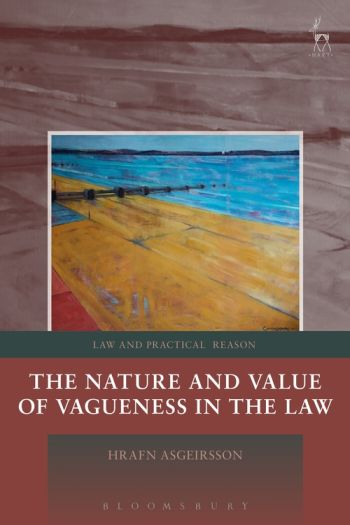
The device(s) you use to access the eBook content must be authorized with an Adobe ID before you download the product otherwise it will fail to register correctly.
For further information see https://www.wildy.com/ebook-formats
Once the order is confirmed an automated e-mail will be sent to you to allow you to download the eBook.
All eBooks are supplied firm sale and cannot be returned. If you believe there is a fault with your eBook then contact us on ebooks@wildy.com and we will help in resolving the issue. This does not affect your statutory rights.
Lawmaking is - paradigmatically - a type of speech act: people make law by saying things. It is natural to think, therefore, that the content of the law is determined by what lawmakers communicate. However, it is sometimes vague what content they communicate, and even when it is clear, the content itself is sometimes vague.
In this monograph, Hrafn Asgeirsson examines the nature and consequences of these two linguistic sources of indeterminacy in the law. The aim is to give plausible answers to three related questions: In virtue of what is the law vague? What might be good about vague law? How should courts resolve cases of vagueness? Asgeirsson argues that vagueness in the law is sometimes a good thing, although its value should not be overestimated.
He also proposes a strategy for resolving borderline cases, arguing that textualism and intentionalism - two leading theories of legal interpretation - in a significant sense often complement rather than compete with each other.